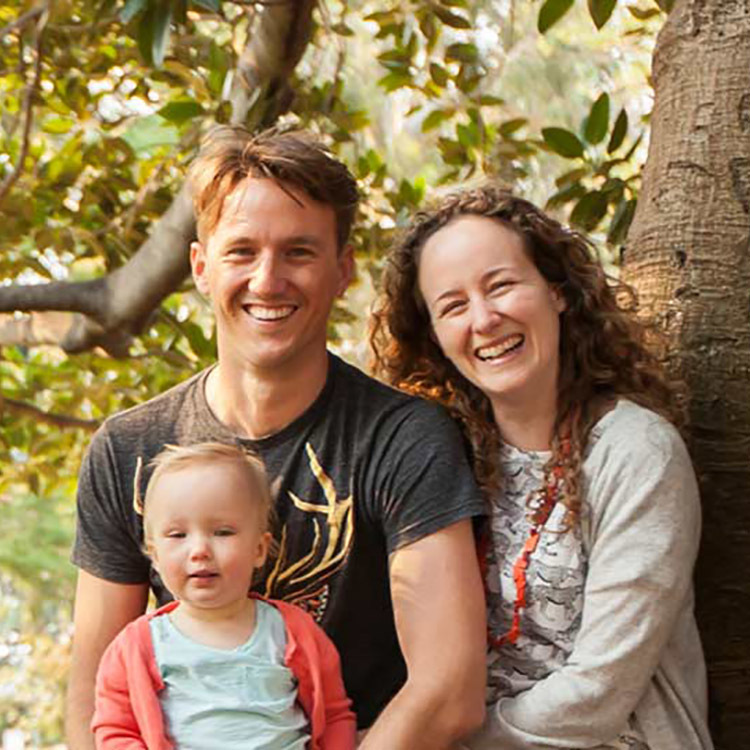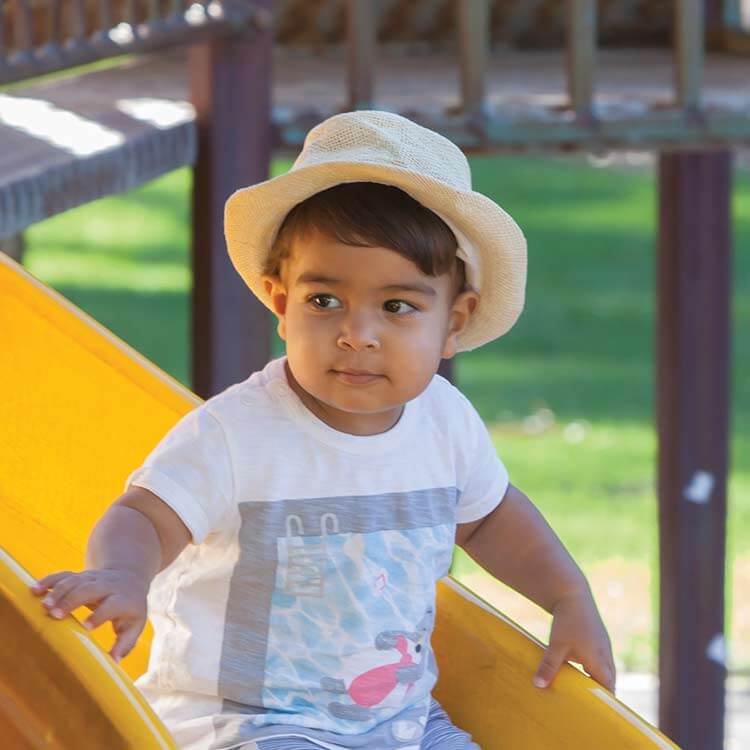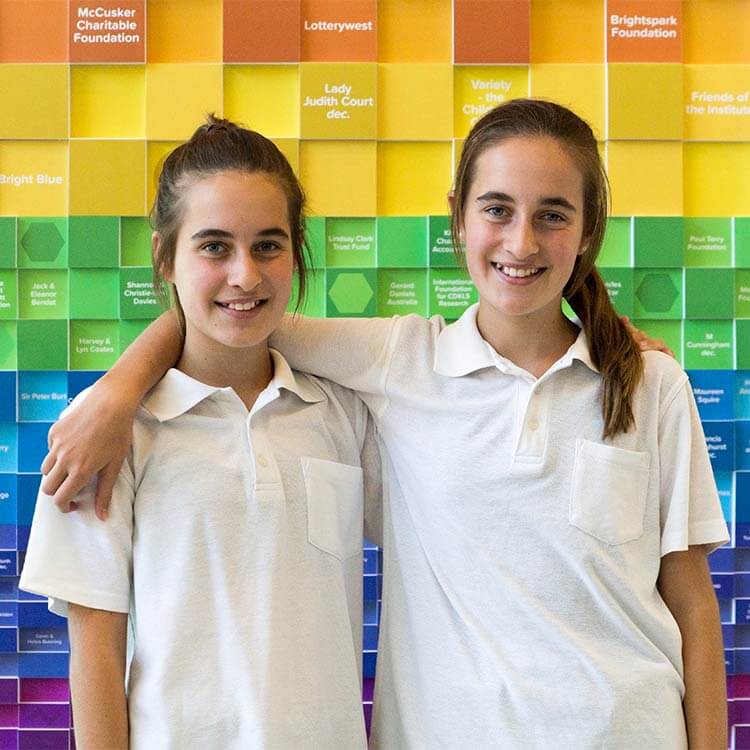Search

News & Events
Language Study Reveals Need for Long Term MonitoringA new study looking at the receptive language development of young children has highlighted the need to monitor kids over time to ensure they don't fall behind.

News & Events
Overprotective Parenting and Childhood Obesity Linked in Study FirstNew research from The Kids Research Institute Australia has revealed, for the first time, a link between childhood obesity and higher levels of protective parenting.

News & Events
Twins talk half as much at twoA world first study of language development in toddler twins confirms the widely held belief that twins start to talk later than single-born children.
News & Events
New clues into language developmentA world-first study from The Kids for Child Health Research has identified risk factors for receptive language development in Australian children.
News & Events
New study to track development in the middle childhood yearsResearchers from the Telethon Institute have been awarded an ARC Linkage Grant to develop a measurement of the middle childhood years of Australian children.
News & Events
Australian kids doing better in key development indicatorsAustralian 5 year olds are developing better than they were three years ago and have improved in most development indicators, according to the latest AEDI data.
News & Events
Telethon Institute joins international effort to improve early nutrition and long term healthThe Kids for Child Health Research will join more than 50 scientists from 36 research institutions around the world to improve early nutrition
News & Events
How well are we raising our children?A ground breaking study of WA 5-year olds has found that more than a quarter of the children have developmental difficulties that could have life-long impacts.
News & Events
Telethon Institute researcher in nation's top tenHead of nutrition research at Perth's The Kids for Child Health Research named in the nation's top 10 health and medical researchers for 2010.
News & Events
First national snapshot of Australia's young childrenFor the first time, the Australian Early Development Index (AEDI) has been completed nationally, giving Australia a snapshot of young children's development.
